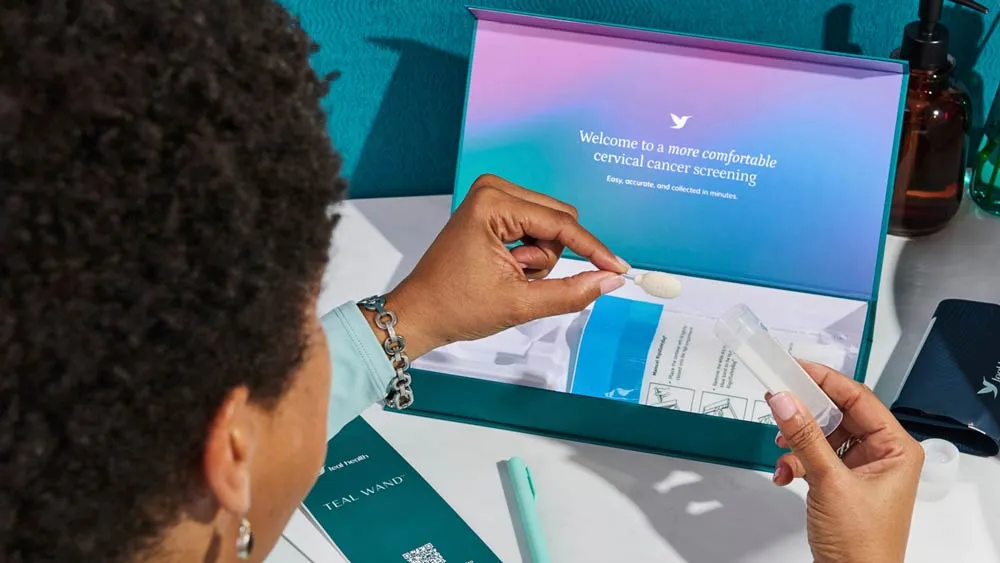November 15, 2017
NCAVP Releases National Report on Intimate Partner Violence
READ TIME: 6 MIN.
On Wednesday, the National Coalition of Anti-Violence Programs (NCAVP) released its report on Lesbian, Gay, Bisexual, Transgender, Queer and HIV-Affected Intimate Partner Violence in 2016. The report looks at the experiences of 2,032 survivors of intimate partner violence (IPV) who reported to 14 NCAVP member organizations from 9 states across the country, including California, Texas, New York, Arizona, Illinois, Massachusetts, Ohio, Vermont, and Missouri.
IPV is a serious yet oft-ignored issue facing LGBTQ and HIV-affected communities. The 2016 NCAVP report looks at the unique and intersectional ways that LGBTQ and HIV-affected people experience IPV, as well as the barriers they experience when attempting to access care and support. Key findings include:
The findings of this report are being released in a political climate where rights and protections for LGBTQ people are in jeopardy.
"NCAVP's report shows a greater need than ever to understand the unique ways LGBTQ and HIV-affected communities experience IPV, and to reach our communities with vital information, resources, and services," said Beverly Tillery, Executive Director of the New York City Anti-Violence Project. "Yet LGBTQ people's legal rights and protections are being eroded daily by the Trump administration only making LGBTQ communities more vulnerable to violence."
IPV Can be Deadly for LGBTQ People
NCAVP documented 15 IPV homicides in the U.S. in 2016. The actual number is likely higher given that often the sexual orientation or gender identity of IPV victims is not shared or accurately portrayed. Police and media reports on LGBTQ people and LGBTQ relationships contribute to the erasure of victims by misnaming and misgendering transgender victims, and reducing LGBTQ relationships to friendships or roommate situations.
"The same homophobia, transphobia and biphobia and misogyny that is the root of hate violence homicides contributes to IPV homicide as well, and yet as a society, we are more equipped to talk about hate violence than we are about IPV," said Aaron Eckhardt, Associate Director from Buckeye Region Anti-Violence Organization. "The intimate partner and sexual violence that queer, bisexual, gay, and gender non-conforming men experience, which includes fatal violence, must be understood and talked about publicly. The current national conversation around consent, violence, and sexual harassment has shone an important light on the experience of queer, bisexual, gay and gender non-conforming men, and we can no longer look away from this as a society."
LGBTQ people experience intimate partner violence at the intersections of our identities
LGBTQ people who hold multiple marginalized identities including people of color, people with disabilities, undocumented people, and people living with HIV experience IPV in specific ways, face unique challenges and barriers to resources.
NCAVP's 2016 report found that more survivors reported that abusive partners used anti-immigrant biases and anti-HIV related biases to exert power and control within their relationships.
"Use of biases like anti-immigrant and anti-HIV biases against LGBTQ IPV survivors are far too common and are particularly harmful because they exploit vulnerabilities that survivors experience in other areas of their lives," said Kathy Grant, Social Worker from In Our Own Voices. "While the targeted exploitation of survivors' vulnerabilities by abusive partners is not new, it is exacerbated in a political environment where HIV and AIDS funding is threatened, and immigrants and undocumented people and communities of color are under attack by the policies and rhetoric of the Trump administration."
Community based resources are crucial to addressing IPV in LGBTQ communities -- not increased resources into criminal responses
NCAVP's newest report found that the most common services sought by LGBTQ survivors of IPV were legal, housing and mental health advocacy as well as safety planning and emergency funds. All of these services can increase a survivor's access to resources, choices, and social support without necessitating interaction with law enforcement which often proves dangerous for LGBTQ people, especially LGBTQ people who hold multiple marginalized identities.
"Only 7% of survivors reported accessing services from the police. Increasing arrests and prosecutions won't make LGTBQ relationships healthier, but having access to community support and resources can," said Emily Waters, Senior Manager of National Research and Policy from New York City Anti-Violence Project. "Rather than primarily focusing on prosecution of intimate partner violence as a "violent crime," as it is currently being framed by Jeff Sessions, the Department of Justice should support and devote resources to LGBTQ organizations and groups that are working to address IPV from within the community."
The Violence Against Women Act (VAWA) provides protections for LGBTQ survivors of IPV
NCAVP's report highlights the importance of identity-affirming and LGBTQ specific IPV. In 2013, the reauthorization of the Violence Against Women Act (VAWA) created the first federal legislation to protect against discrimination based on sexual orientation and gender identity.
"The inclusion of LGBTQ people in VAWA was a historic moment for our communities, and has provided vital protections for LGBTQ survivors of IPV," said Rachel Tillman, Anti-Violence Project Clinical Advocate from Center on Halsted. "We have seen the good these protections have done, and we need to work diligently to ensure that LGBTQ communities continue to be included in VAWA moving forward."
To access the report, click here


